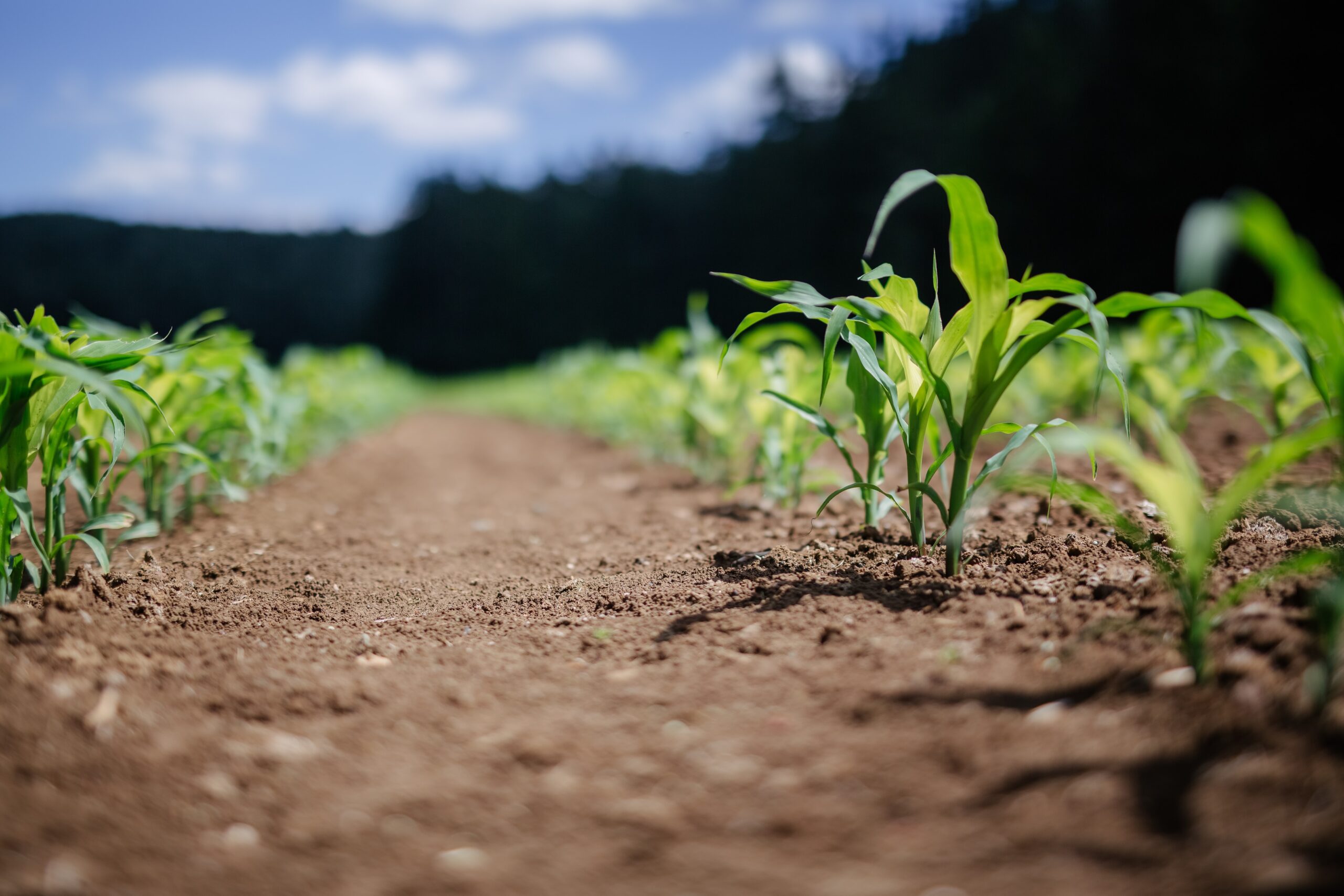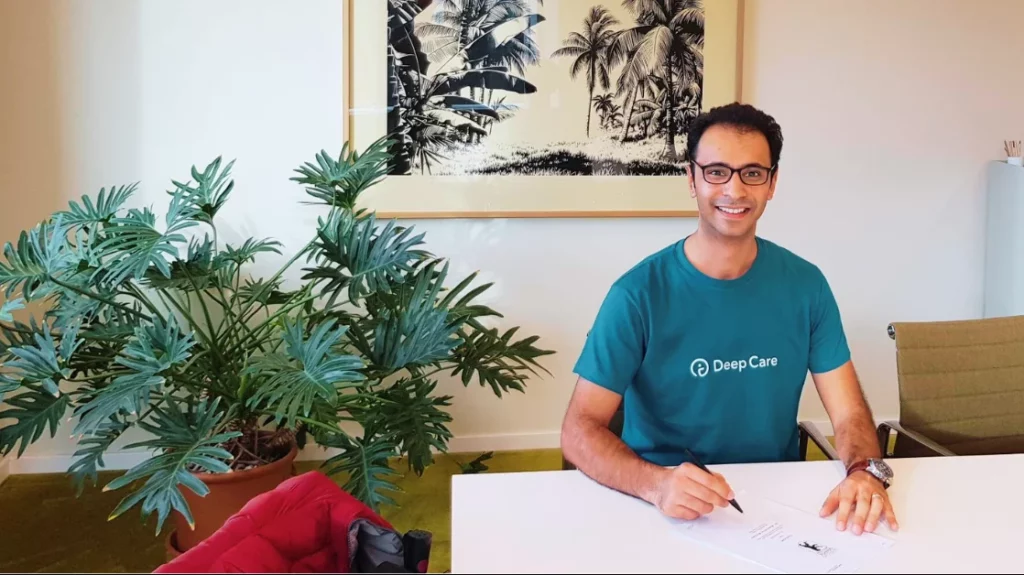This article was originally published by Daniel Mora Matiz on Novobrief, an Espacio partner publication.
Investing in socially responsible startups is a brisk business that is rapidly growing in popularity and profitability. Investment in this sector has increased from €4 billion to nearly €50 billion in the last decade, according to the Global Impact Investing Network (GIIN) and Dealroom. It is growing at a rate of more than 16% per year.
The main forces driving this growth are EU and Spanish regulations that incentivize or penalize companies for meeting the ODS (Sustainable Development Goals), as well as a new generation that places a higher emphasis on sustainability.
The impact startup market has grown exponentially in recent years and is now worth $715 billion. Despite being a relatively new market, impact startups outperform other emerging companies in terms of survival. This is because, according to Manu Nieto, Co-Founder and General Partner of First Drop VC, impact startups prioritize profitability and sustainability, allowing them to grow and thrive in the long run.
Profitability of impact startups
Impact startups, contrary to popular belief, are not less profitable simply because of their nature. In fact, their focus and goal are the same as those of any other company: to generate profits and to be scalable.

Measuring the profitability of impact startups can be difficult because it requires evaluating a plethora of indicators such as energy savings, CO2 reduction, water conservation, social inclusion, and microfinance. However, these indicators can be translated into monetary values, allowing for a comprehensive assessment of an impact startup’s profitability.
The European Union is working to support the growth of impact startups in the coming years by providing capital injections. This €1 billion injection will be provided through the ICO program, which has a budget designated for these investments. This support is critical for entities like First Drop VC, which invests in companies that prioritize ODS compliance because the sector’s biggest challenges are a lack of funds and a close historical connection with philanthropy.
The results of the Global Impact Investing Network (GIIN) annual survey 13 years ago revealed that 50% of participants believed the impact company market was in its infancy and expected investment of $4,000 million. Today, the market is estimated to be worth $715,000 million, with funds linked to these companies growing at a rate of more than 16% per year.
Finally, investing in ODS-related companies is not only profitable but also increasingly necessary for long-term development. The European Union and Spain’s support, as well as a growing emphasis on sustainability, make this a market with enormous growth potential in the coming years.
According to Manu Nieto, Co-Founder and General Partner of First Drop VC, impact startups prioritize profitability and sustainability, which leads to lower mortality rates when compared to other emerging companies. Measuring the profitability of impact startups can be difficult, but with the right metrics in place, these businesses can be just as profitable as any other.










